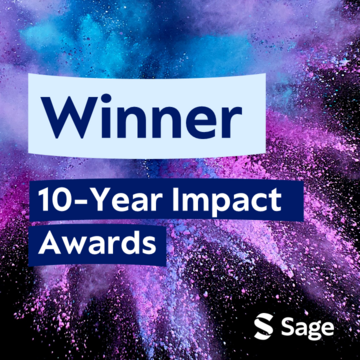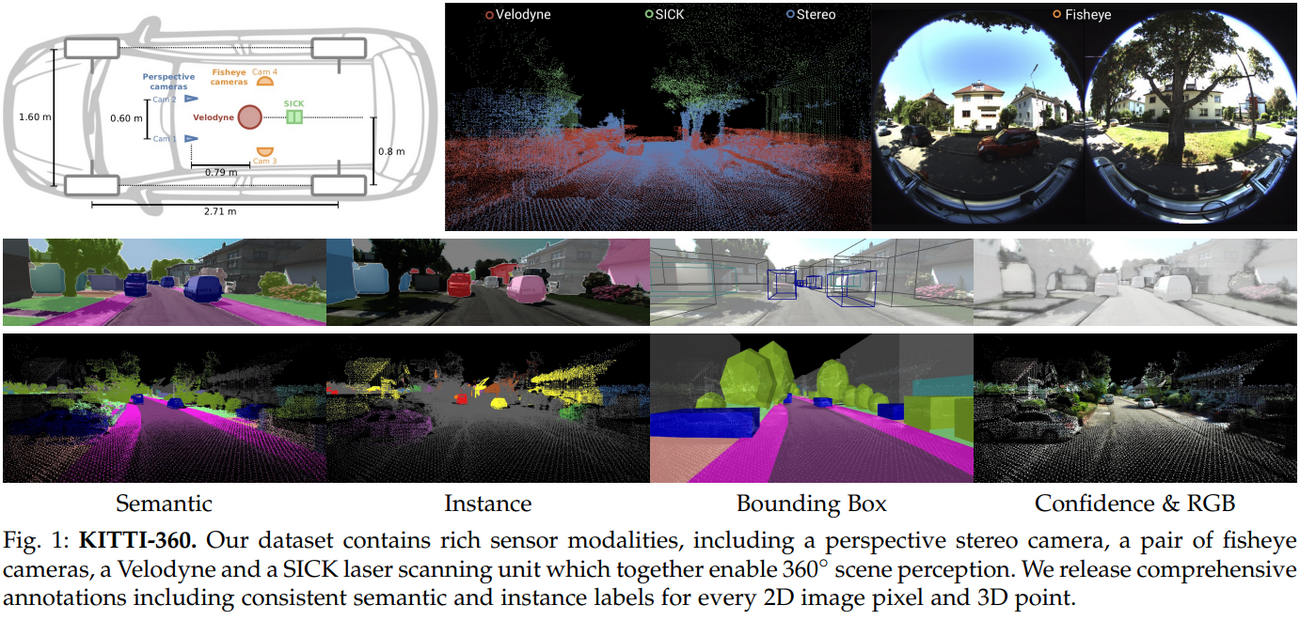
The publishing group Sage has presented its annual 10-Year Impact Awards, recognizing the authors of three academic papers with a deep and lasting impact. This year’s awards honor the most cited articles published in Sage journals in 2013. The winning papers received more citations over the past decade than any other study published during that year. Along with two other winning articles, Andreas Geiger was recognized for his article “Vision meets robotics: The KITTI dataset” (Andreas Geiger, Philip Lenz, Christoph Stiller, and Raquel Urtasun in The International Journal of Robotics Research). He is Professor for Computer Science at the University of Tübingen, member of the Cluster of Excellence “Machine Learning: New Perspectives for Science”, and a member of the Core Faculty at the Tübingen AI Center. The scientist has already received awards for the KITTI dataset: In October 2021, he and his team won the PAMI Everingham Prize at the ICCV conference, and in June 2022, he received the Longuet Higgins Prize at the ICPV conference.
Advancing self-driving technology through collaboration and open access

The KITTI dataset was the first large dataset and evaluation benchmark for independently testing perception algorithms for self-driving cars. It led to significant improvements in various perception tasks such as 3D reconstruction, object recognition, and vehicle localization. “These improvements were achieved for two reasons”, Andreas Geiger explains: “First, self-driving has been popularized as a task in the computer vision community and many people started working on this problem. In fact, we now have over 70,000 registered accounts on our server. Second, through fair benchmarking, the state-of-the-art could always be determined, leading to much faster progress than was possible before. In addition, the move to open access and open source in our community of course helped with this acceleration.”
Bridging academic research and industrial progress in autonomous vehicles
Today, KITTI is recognized as the seminal dataset and benchmark in computer vision for self-driving, and many other datasets and benchmarks have followed.
“Although self-driving systems are not yet fully mature”, Andreas Geiger adds, “KITTI has been a huge accelerator, improving accuracy by more than tenfold for some tasks, and popularizing self-driving research in computer vision and robotics. We have also seen that many industrial efforts are built on research results from the community. Therefore, I believe that KITTI had a significant impact on both academic research and industrial progress in self-driving.”
